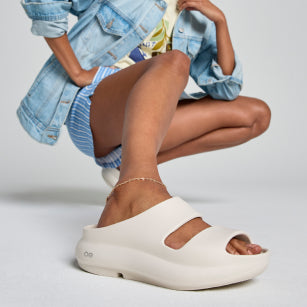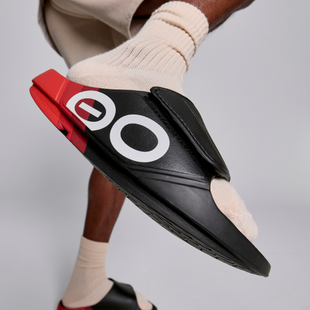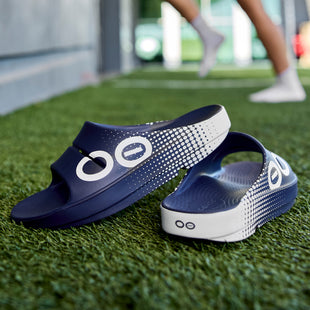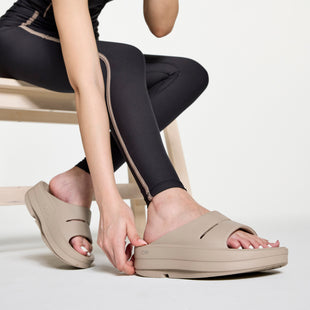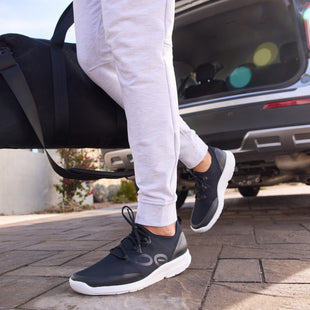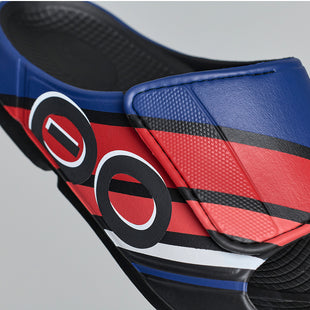TAPER & MINIMISE YOUR TRAINING
Each individuals training is different. As a PT and Aerobics Instructor I train everyday whether it being running, classes or with clients. I teach over 16 classes a week mixing up Spinning, Bodypump, conditioning, HITT, Yoga, Pilates and other forms of exercise. However, the average marathon runner may only run and do nothing else.
The week leading up to race day is the time where we need to taper. That means less time on feet, shorter runs, cutting out tough interval sessions, and purely focusing on recovery.
A TYPICAL MARATHON WEEK MAY LOOK LIKE THIS:
-
Monday – REST or EASY 4 MILES.
-
Tuesday – SHORT INTERVAL SESSION (WARM-UP/6 x 800m REPS @ HALF MARATHON PACE/COOL-DOWN)
-
Wednesday – 6 miles @ MARATHON PACE
-
Thursday – EASY 4 MILES.
-
Friday - WALK/REST/SHAKEOUT 5KM
-
Saturday - RACE DAY!!
FUEL & HYDRATE
CARB LOADING...... You either love it or hate it! For me I hate it. I feel sluggish and my digestion isn’t the same. Some runners may put on a little bit of weight (very minimal!) which is inevitable if you’re doing less exercise and eating more. Nevertheless, this is vital when preparing for race day. You need to top up your glycogen stores with the muscles to be used as fuel. Carbohydrates are broken down by the body and turned into glycogen, which is then stored in the muscles. This is essential for long-term endurance.
Why not try these Carb filled foods:
- Pasta
- Potatoes & sweet potato
- Rice
- Couscous
- Beetroot (Studies have shown this enhances running performance!)
- Toast with peanut butter
- Pulses & grains
- Porridge
There are a lot of GLUTEN-FREE variations available.
HYDRATION is essential during race week and on race day. Your body is working overdrive during the marathon. The result is sweating out on average 3 litres per hour (Depending on the individual’s weight and speed). It is critical you consume water little and often throughout the week but also remember not to drink too much during the marathon. Over drinking can lead to too many toilet stops but also cause ‘Hyponatremia’ which occurs when you have low sodium in your body and can actually kill you. Little and often is key.
SUPPORTING YOUR IMMUNE SYSTEM
Maintaining good health and wellbeing is hard to do when your body is rundown from training. Especially if this is your first marathon, as your body may go into a small state of shock and your immune system diminishes, causing various illnesses. Try and keep your distance from anyone close to you who may be poorly. Use anti-bacterial gel if you’re travelling. The worst places to catch bugs are on trains, cash points and shopping trolleys.
Here's a list of supplements I swear by to help me get to the start line healthy:
-
Vitamin C 100mg – Immune system booster.
-
Magnesium – Muscle relaxation & repair.
-
Green Tea – Tablet or fluid form. Used as an Antioxidant and energy booster.
-
Floradix – Boosts IRON levels to help with energy levels.
-
Vitamin D3 – Another immune booster. Helps absorb calcium for stronger bones.
Also stating the obvious – FRUIT & VEGETABLES. Eat clean and healthy produce.
EPSOM SALT/ICE BATH, SPORTS MASSAGE, MASSAGE GUN, COMPRESSION BOOTS:
This is more like it! A lovely massage! Well, that all depends on your therapist. I’ve had various sports massages over the years, some good and some not so good. I highly recommend sticking to the same person, as they understand your body and can detect anything dissimilar.
If you don’t keep on top of body maintenance, whether that being a massage, seeing a physio, or osteopath, then you will be at risk of injury. Book them in at the start of race week, no later than Thursday (Wednesday if it’s a Saturday race) but remember to do this week’s in advance, as they get boked up fast!
Loosen and relax your muscles with a hot ‘EPSOM SALTS’ bath or if you’re feeling brave an ‘ICE BATH’. I add 1kg of Epsom Salts in my bath and soak for 20-25 minutes to reap the benefits. This will help with sleep.
LESS TIME ON FEET & INVEST IN RECOVERY SHOES
This is a week where we want to avoid any impact, so why not invest in some recovery shoes such as OOFOS. You’ll still have to venture out to work, shopping, and travelling, which is why wearing OOFOS can be a huge benefit to help with recovery. Taking on 37% more impact than regular shoes is a win win. I also love putting on my OOFOS straight after the marathon.
SLEEP
I don’t need to go into too much details here because its simple – SLEEP.
Your body need’s all the rest it can get for your muscles to recharge and repair. This is why sleep is the best recovery tool. Try and get at least 7-8 hours each night, especially the week leading up to race day. Spritzing lavender oil can help calm the mind and aid a good nights sleep.
MAKE AN ESSENTIAL RACE DAY LIST
There’s nothing worse than turning up and realising you’ve forgotten something. Make a list at the beginning of the week to lessen the stress.
MY ESSENTIAL RACE DAY LIST:
-
Energy gels
-
Race number
-
Safety pins
-
Race chip (Sometimes found on the back of your race number)
-
Running watch
-
Headphones
-
Water bottle
-
Electrolytes
-
Anti-chaffing product (Vaseline or 2toms)
-
Warm clothes to wear to the start and thrown away (usually collected and given to charity)
-
Bin bag (to sit on)
-
Oofos recovery shoes (Before and after race to keep the legs fresh and help with recovery)
-
Clean clothes to wear after the race to stay warm

